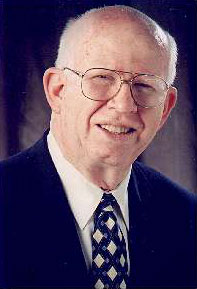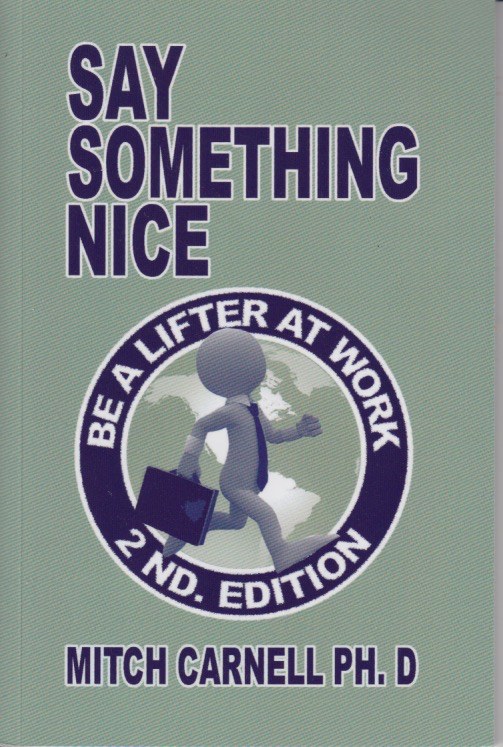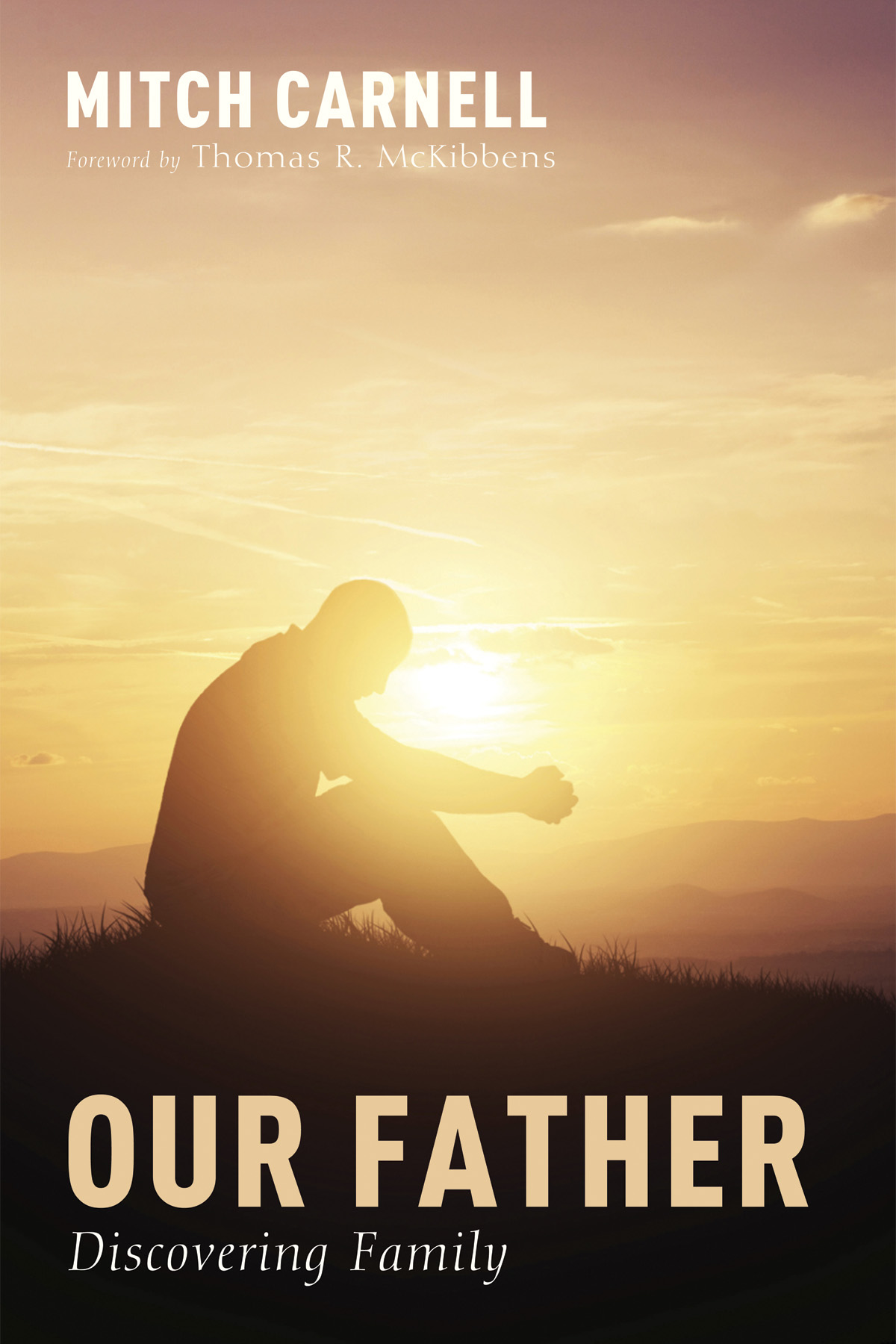 Guest Post by Dr. Ircel Harrison
Guest Post by Dr. Ircel Harrison
In many areas of contemporary life, civility seems to be a thing of the past. Whether in politics, religion, academia, or economics, the opportunity to engage in respectful, informed discourse is decreasing. The only true learning comes from stating, clarifying, and discussing alternatives but this is more difficult to do. Rather than fostering dialogue and discovery, we seem to want to draw lines that will divide rather than unite. A key tactic in this “uncivil” discourse is fear. Although fear if not necessarily a negative emotion, it is a useful tool to divide and polarize people. Healthy fear is a reasonable motivator, but unhealthy fear has the potential to be destructive. If a leader or opinion setter can identify what people fear, he or she can use it to further their own agenda. We may be dealing with such diverse topics as the debt ceiling, sexual ethics, or religious practice but fear can quickly divide people into different camps that not only cannot talk with one another but refuse to do so.
Why is fear such a powerful instrument for division? A primary reason is that we don’t have to dig too deeply to find something that each and every one of us fears—failure, deprivation, loss, embarrassment, or “the other.” Fear takes hold of our vulnerabilities and prejudices very quickly, often in an irrational way. How can we overcome the fear that blocks civil discourse and real dialogue? If we will take the time for some reflection, we can break the grip of fear and find freedom. Let me suggest several ideas.
First, we must clearly name and acknowledge our fear. Of what are we afraid? Do we really understand what motivates our fear? If we can name it, we can face it. If we cannot, then what’s the problem?
Second, we might also think in terms of who benefits from our succumbing to our fear. Is someone using our fear to manipulate us for their own ends? If so, let’s call them out and refuse to be controlled.
The third question we should ask ourselves is, “What is the worst thing that could happen if this fear is real and the unwanted becomes a reality?” Are the consequences physical, emotional, or simply inconvenience? What is the real harm that will occur?
Fourth, if what we fear does happen, how can we deal with it? We are not powerless in the face of fear. Can we prepare so that we can thwart our fear or mitigate the consequences in some way? What are our alternative responses in this situation?
In responding to the Great Depression, President Franklin Roosevelt said, “The only thing we have to fear is fear itself.” Although this may seem to be too simplistic to some, the truth is that fear only has the power we give to it. Allowing fear to demoralize, divide, and incite us is a matter of choice. We must make the decision about what to do with our fear or we will not be able to face the challenges that life and society throw our way.
About Ircel Harrison: I consider myself an itinerant educator. My time is spent in encouraging and equipping ministers through my work with the Central Baptist Seminary site in Murfreesboro and Pinnacle Leadership Associates. I also do volunteer work with my church. Other time is devoted to reading, writing, traveling, and spending time with grandchildren and my wife, Rita. our way.
Ircel Harrison blogs at www.barnabasfile.blogspot.com.







